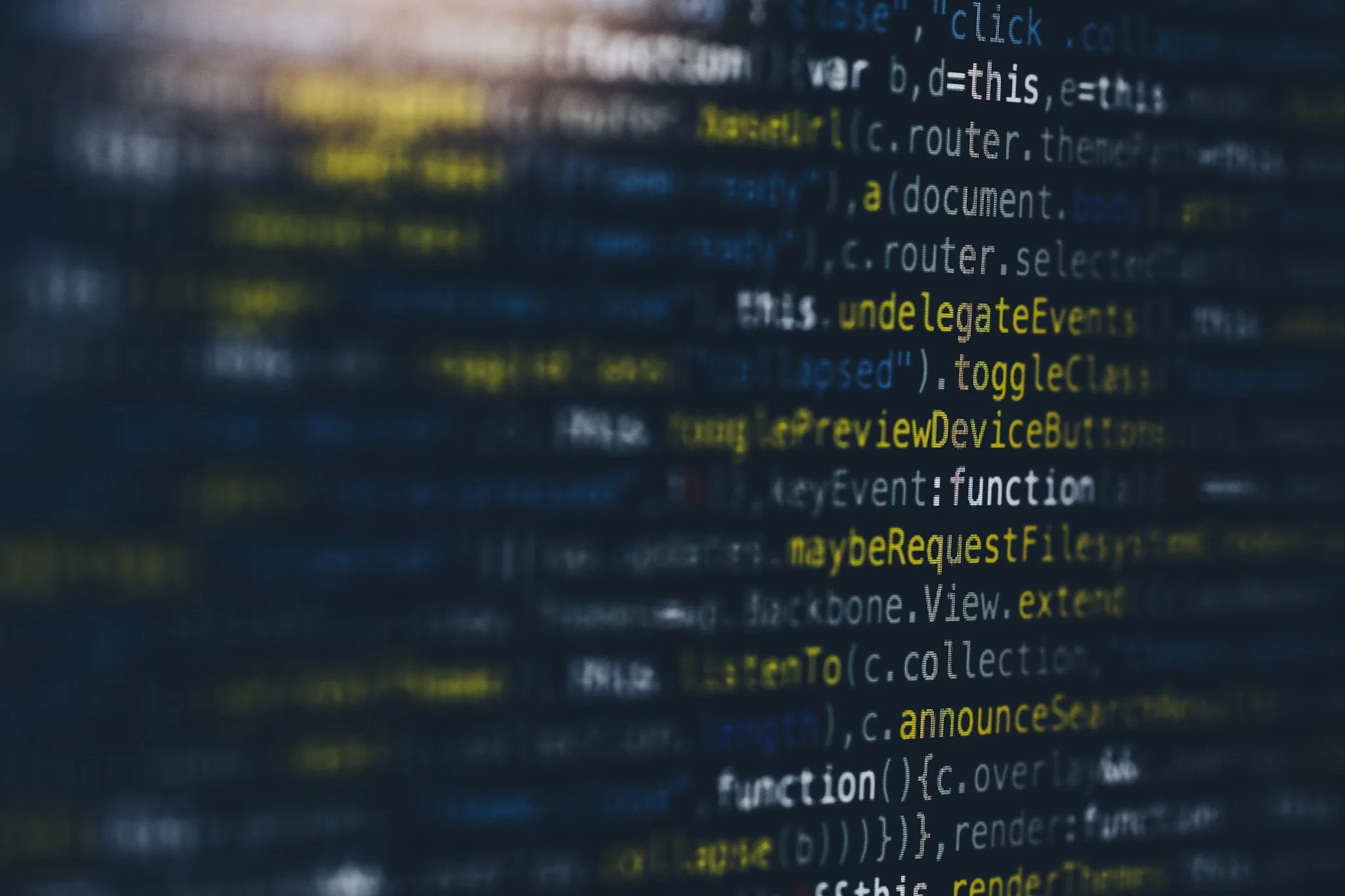In today’s digital era, technology keeps changing how we engage with our surroundings. A breakthrough lately has been the emergence of decentralized applications, or dApps. These apps work differently from regular software because they run on blockchain tech.
This key distinction brings more transparency, and stronger security, and gives users more control. With no central authority, dApps give power back to users, making them not just consumers but active players in the system.
Leveraging Platforms for Building dApps
For developers venturing into the world of decentralized applications, utilizing a sturdy development platform is vital. These platforms offer a set of tools that make it easier to incorporate blockchain technologies, freeing developers to concentrate on crafting distinct user experiences instead of grappling with the intricate technicalities underneath.
App builders such as Fleek, provide comprehensive services to streamline the development and launch of dApps. They offer decentralized hosting, storage solutions, and domain management, all fine-tuned for optimal performance on the cutting edge of web technology.
By hosting Web3 apps on infrastructures like IPFS and managing DNS and ENS domains, they not only simplify the deployment process but also bolster the scalability and efficiency of applications. This empowers developers to swiftly transition from idea to live dApp, prioritizing creativity and innovation with the assistance of the app builder’s efficient blockchain integration tools.
Understanding Smart Contracts
Every dApp hinges on smart contracts, a crucial tech that automates agreement execution sans middlemen. These contracts are scripts sitting on the blockchain that activate upon meeting set conditions, handling tasks from transaction processing to system automation.
Smart contracts aren’t just add-ons; they’re the engine ensuring these apps function as decentralized entities. They embody decentralization’s spirit, fostering trustless exchanges and revamping old-school commerce and governance models.
Benefits of Decentralization
The decentralization feature of dApps offers significant perks. Initially, it diminishes the likelihood of data tampering, since blockchain data remains unchangeable and visible to all users. Any alterations are permanently documented and accessible to everyone. Secondly, dApps naturally withstand censorship.
With no central body to restrict access, these apps stay open to all network users, irrespective of their location or political affiliations. Moreover, by spreading data across numerous nodes, dApps notably decrease the chances of data loss and system downtime.
Popular DApp Categories
DApps can do a lot of different things, so they’re used in many areas. In finance, there are decentralized finance (DeFi) apps that are changing how people invest, trade, and handle money. They make financial services more available to everyone. Gaming is another area where dApps are making a big difference. They make games fairer by making everything transparent and easy to check.
But it’s not just finance and gaming; social media dApps are also important because they protect your privacy. They stop companies from making money off your personal information. And there are decentralized marketplaces, too. They let people buy and sell things directly to each other without needing middlemen.
Challenges Facing DApps
Although dApps offer benefits, they face hurdles. Scalability stands out as a major worry; as a dApp gains traction, the blockchain supporting it must manage more transactions without delays or higher costs.
User experience needs improvement, too. Many dApps still fall short in interface and interaction compared to centralized alternatives. Also, blockchain’s complexity can deter newcomers, requiring better education and design to lower entry barriers.
Future of DApps
Looking forward, the growth in the market for decentralized applications is undeniable, with a value of $25.63 billion in 2022 and expected to surge to $70.82 billion by 2030, marking an annual growth rate of 56.1%.
Recent upgrades in blockchain technology, including layer two solutions and sharding, are tackling issues such as scalability and speed, setting the stage for more powerful and efficient applications.
As the compatibility between different blockchains increases, we will likely see a more unified and extensive dApp network. This advancement not only promises to improve current applications but also to spark new ideas and breakthroughs that could revolutionize various sectors.
Final Thoughts
Decentralized applications mark the forefront of technological progress, offering a glimpse into a future where users wield unprecedented control and transparency in their digital engagements. Platforms like Fleek play a pivotal role in this journey by providing developers with the necessary tools to manifest their innovative concepts.
As the dApp landscape evolves, it becomes imperative to remain abreast of the latest advancements. Engaging with tech blogs, blockchain communities, and continual learning is vital for anyone invested in the technological horizon. Moving forward, the concerted endeavor of the worldwide tech community will assuredly unveil even more remarkable prospects within this vibrant and promising domain.





